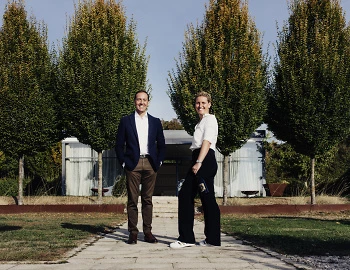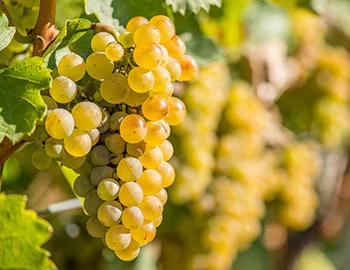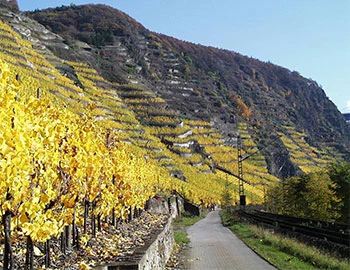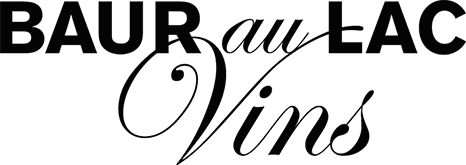Riesling Hipping Grosses Gewächs 2023
QbA Rheinhessen, Kühling-Gillot (VDP), 750 ml

| Grape variety: | Riesling |
| Producer: | Kühling-Gillot |
| Origin: | Germany / Rheinhessen |
Description
The Hipping Riesling comes from the best vineyards of the renowned Roter Hang in Rheinhessen, known for its exceptional terroir. In the glass, it has an aroma of stone fruit with spicy accents and hints of green tea. On the palate, it displays a rich fruit extract, perfectly integrated acidity and a harmonious combination of juicy yellow and red fruits and orange notes, complemented by the typical slate minerality. Multi- layered and with impressive length, this Riesling offers maximum enjoyment with meat dishes with fruity components and Moroccan dishes with intense and sweet flavours. 97/100 James Suckling points.
Attributes
| Origin: | Germany / Rheinhessen |
| Site / vineyard: | Hipping |
| Grape variety: | Riesling |
| Label: | Vegan |
| Ripening potential: | 5 to 8 years after harvest |
| Drinking temperature: | 10 to 12 °C |
| Food Pairing: | Moroccan specialities, Wild specialities, Vegetable cous-cous |
| Vinification: | fermentation with grapes' own yeast |
| Harvest: | hand-picking, strict selection |
| Maturation: | in steel tank |
| Bottling: | filtration |
| Acidity: | 7,5 g |
| Volume: | 12.5 % |
| Residual sugar: | 8,5 g |
| Note: | Contains sulphites |
Kühling-Gillot
The Kühling-Gillot winery is one of the outstanding addresses in German viticulture and cultivates over 25 hectares of vineyards on the famous sites of the Roter Hang and along the Rhine Terrace in Rheinhessen. The iconic vineyards between Bodenheim and Oppenheim are home to predominantly Riesling and a smaller proportion of Pinot Noir, which thrive in the prestigious VDP.ERSTEN and VDP.GROSSEN LAGEN vineyards.
Since 2006, oenologist and mother of two Carolin Spanier-Gillot and her husband Hans Oliver Spanier have been running the winery with great passion and a clear vision for authentic and sustainable viticulture. Working on the historic steep slopes of the Roter Hang, such as the famous Hipping with a gradient of over 60% or Pettenthal, the steepest vineyard in Rheinhessen with a gradient of over 70%, requires the utmost precision. Each vine is cultivated with a great deal of manual labour, patience and care - a real feat of strength, but one that is rewarded with wines of exceptional quality.

Riesling
The cold-weather king
The Riesling is the flagship of the German wine industry. It grows from north to south in all growing areas. It is also comfortable in the neighbouring Alsace region and in Austria. Its specialty is being vinified to a variety of degrees of sweetness, from bone-dry wines to ice wine. Moreover, thanks to its spirited acidity, it ages better than many reds. The typical Riesling smells of citrus, peach and apricot, shows hints of flint, and with maturity develops an idiosyncratic petrol note. It reflects its terroir like hardly any other white variety. Thus, it often gets fuller and more aromatic in Austria than in Germany. In Alsace, in turn, it has a particular mineral taste. Riesling is a wonderful culinary companion. It fits well not only with fish and shellfish, but also takes the heaviness from hearty meals. And with a fine sweetness and acidity balance, it works wonders for Asian cuisine.

Germany
Germany – Into the elite the hard way
Sitting in the heart of Europe, the hilly, lake-dotted landscape of Germany provides ideal, fertile soil for the most diverse vine varieties. From Albalonga to Zweigelt, over 140 different grape varieties are grown on about 100,000 acres, cared for by nearly 50,000 vintners. Most of these vintners are young, modern, internationally trained, inquisitive and urbane. It is hardly surprising, then, that German wine has a good reputation well beyond the country's borders.



